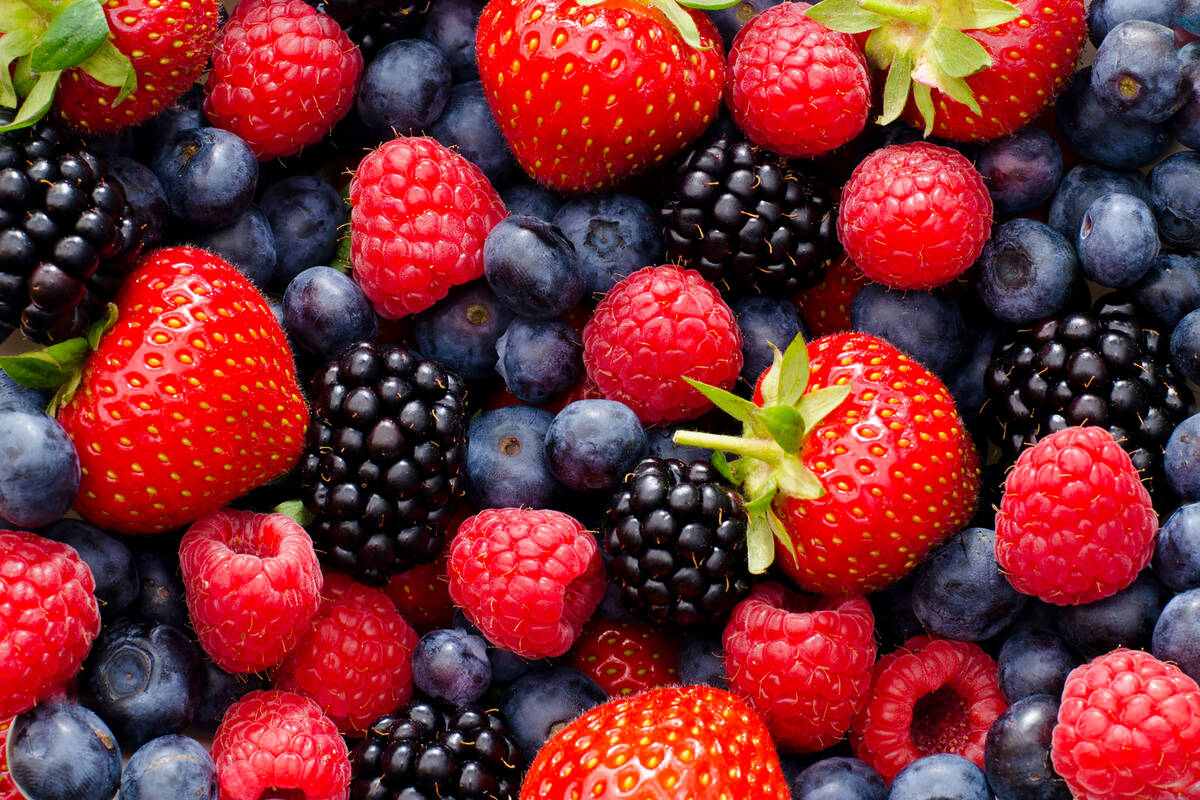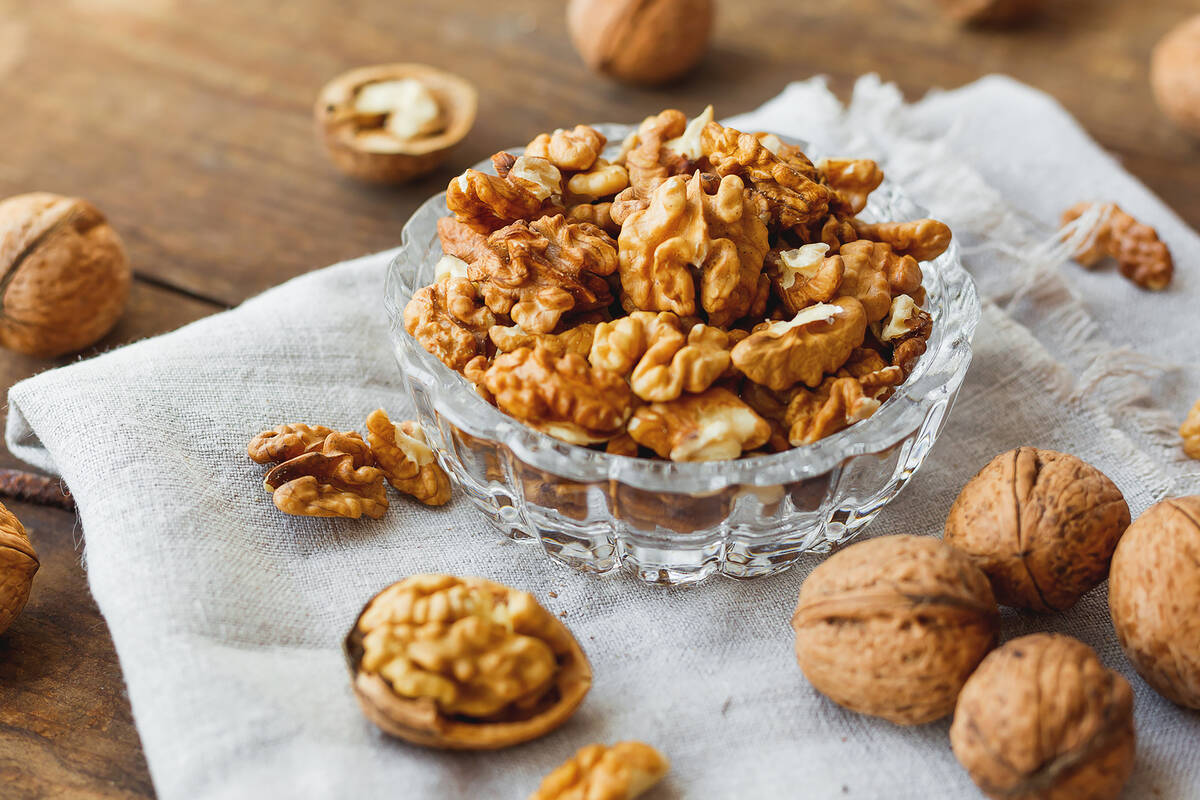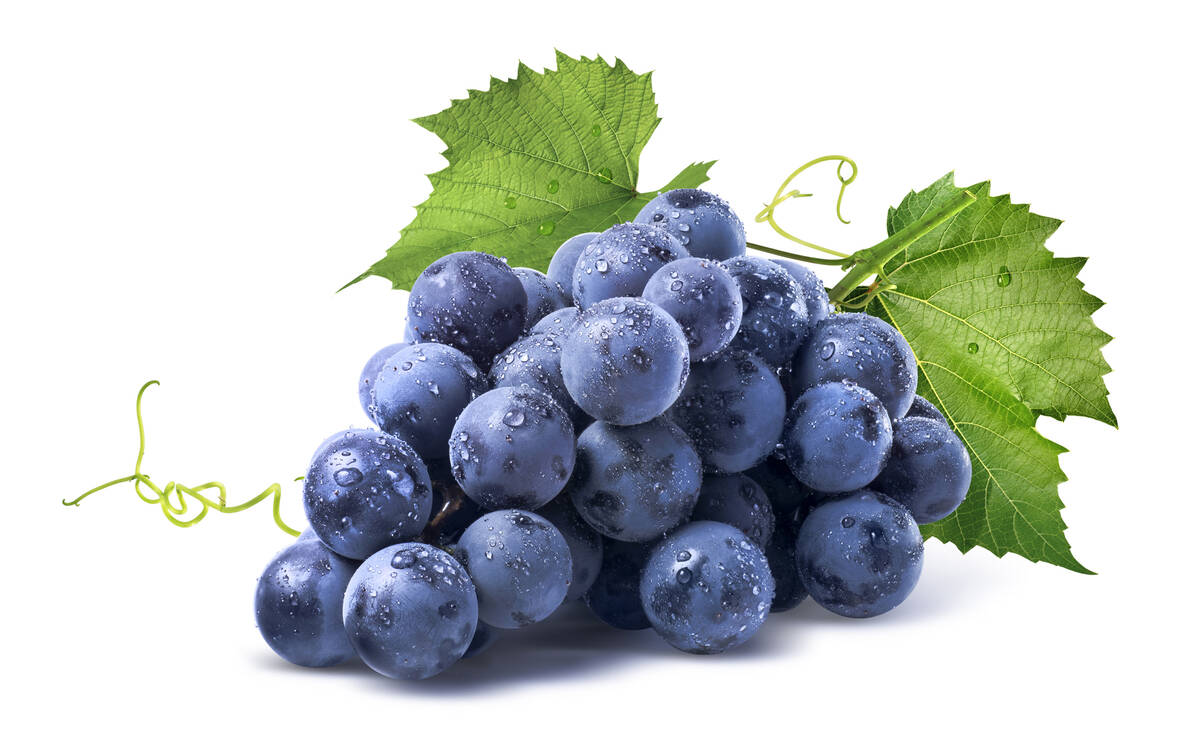On Nutrition: Foods to help maximize your memory
Research suggests that the ability to maximize memory function may be related to what you eat. Following an eating plan that provides a healthier selection of dietary fats and a variety of plant foods rich in phytonutrients could positively affect your health. Phytonutrients are substances found in certain plants that are believed to be beneficial for human health and help prevent certain diseases.
There’s still much to learn about what makes up a brain-healthy diet. Studies are finding that what is good for your heart also may be good for your brain. So, the best bet for rich memories is to forgo unhealthy fat and remember to diversify your plant-based food portfolio.
Diets rich in fruits, vegetables, whole grains and legumes, fish, healthier fats, and herbs or seeds boost the brain’s memory functioning. Here’s more about these powerhouse foods:
Fruits
■ Berries are high in antioxidants that can protect the brain from oxidative damage and prevent premature aging and memory-impairing dementia. Blueberries are a rich source of anthocyanin and other flavonoids that may improve brain function.
■ Grapes are full of resveratrol, a memory-boosting compound. Concord grapes are rich in polyphenols, which have the potential to promote brain function.
■ Watermelon has a high concentration of lycopene, another powerful antioxidant. Watermelon also is a good source of pure water, which benefits brain health. Even a mild case of dehydration can reduce mental energy and impair memory.
■ Avocados are a fruit rich in monounsaturated fat, which improves memory function by helping improve blood cholesterol levels when eaten in moderation in place of saturated fats.
Vegetables
■ Beets are rich in nitrates, a natural compound that can dilate blood vessels, allowing more oxygenated blood to reach the brain.
■ Dark, leafy greens are known for their antioxidants, such as vitamin C, and have been shown to reduce age-related memory loss. Greens also are rich in folate, which can improve memory by decreasing inflammation and improving blood circulation to the brain.
Whole grains and legumes
■ Cracked wheat, whole-grain couscous, chickpeas, oats, sweet potatoes and black beans are examples of complex carbohydrates. Since brain cells run on glucose derived from carbohydrates and don’t store excess glucose, they need a steady supply of it. Complex carbohydrates are a preferred brain food, providing a slow, sustained supply of glucose. They take longer to metabolize and are high in folate, the memory-boosting B vitamin.
Seafood
■ Fatty fish, such as salmon, trout, mackerel, herring, sardines, pilchards and kippers, are rich in heart-healthy omega-3 fatty acids. These have been shown to improve memory when eaten one to two times per week. Omega-3 fatty acids don’t affect low-density lipoprotein (LDL) cholesterol and can lower triglycerides.
■ Shellfish and crustaceans, such as oysters, mussels, clams, crayfish, shrimp and lobster, are good sources of vitamin B12, a nutrient involved in preventing memory loss.
Healthier fats
■ Olive oil provides monounsaturated fat, which can help reduce LDL cholesterol levels when used in place of saturated or trans fat. Extra-virgin olive oil is the least processed type with the highest protective antioxidant compound levels.
■ Nuts, such as walnuts, are a source of omega-3 fatty acids, which lower triglycerides, improve vascular health, help moderate blood pressure and decrease blood clotting.
Herbs or seeds
■ Cocoa seeds are a rich source of flavonoid antioxidants, which are especially important in preventing damage from LDL cholesterol, protecting arterial lining and preventing blood clots. Cocoa also contains arginine, a compound that increases blood vessel dilation.
■ Rosemary and mint are in the same herb family. Rosemary has been shown to increase blood flow to the brain, improving concentration and memory. Peppermint aroma has been found to enhance memory.
■ Sesame seeds are a rich source of the amino acid tyrosine, which is used to produce dopamine, a neurotransmitter responsible for keeping the brain alert and memory sharp. Sesame seeds also are rich in zinc, magnesium and vitamin B6, other nutrients involved in memory function.
■ Saffron has been shown to positively affect people with mild to moderate Alzheimer’s disease.
Making lifestyle modifications to control your cholesterol, blood sugar and blood pressure levels, as well as not smoking, taking daily walks and keeping your weight in a healthy range can help preserve memory function.
Lizzie Bertrand is a dietitian with the Mayo Clinic Health System in St. James, Minnesota.




















